

| Title | Author | Call# | Book Cover |
|---|---|---|---|
| Psychology: A Modular Approach | Mitterer, John Otto | BF 121 .M62 2015 | 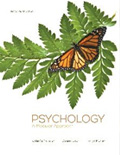 |
| Psychology Around Us | Comer, Ronald J. | BF 121 .P8326 2012 | 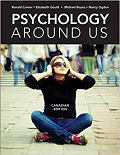 |
| Psychology | Schacter, Daniel L. | BF 121 .S326 2017 | 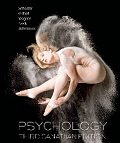 |
| Psychology | Myers, David G. | BF 121 M94 2015 |  |
| Forty Studies That Changed Psychology: Explorations into the History of Psychological Research | Hock, Roger R. | BF 198.7 .H63 2015 | 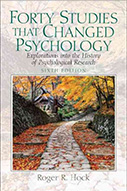 |
| Cognitive Psychology: The Basics | Taylor, Sandie | BF 201 .T39 2022 | 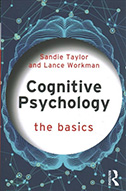 |
| Cognitive Psychology: Connecting Mind, Research, and Everyday Experience | Goldstein, E. Bruce | BF 201 .G65 2019 | 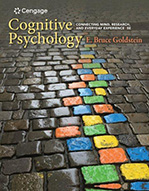 |
* Want to reserve one of these titles? Email library@alexandercollege.ca with your student # and the book title.
These e-Books are available in the online library collection. Click the title to access the resource.
Culture and Political Psychology: A Societal Perspective
Magioglou, Thalia 2014
Devonis, David C. 2014
Dawson, Michael R.W. 2022
Llewelyn, Susan & Murphy, David 2014
Values and Behavior: Taking a Cross Cultural Perspective
Roccas, Sonia & Sagiv, Lilach 2017
These handbooks provide easy to digest information about topics covered within Psychology.
Publication Manual for the American Psychological Association The official source for APA style, known for its authoritative, easy-to-use reference and citation system. Can be found in library under call number BF 76.7 .P83 2020.
A Dictionary of Psychology (2003) by Andrew M. Colman
A Dictionary of Psychology provides access to information on psychology and related disciplines such as nursing, sociology, social work, and education. It can be found in library under call number BF 31 .C65 2003.
Encyclopedia of Cognitive Psychology (2012) by Carla E. Wilhelm
Encyclopedia of Cognitive Psychology is an encyclopedia that presents current research in the field of cognitive psychology.
Offers a common language for clinicians involved in the diagnosis and study of mental disorders and facilitates an objective assessment of symptom presentations across a variety of clinical settings-inpatient, outpatient, partial hospital, consultation-liaison, clinical, private practice, and primary care. It can be found in the Library in the Reference section
When looking for resources related to PSYC, try some of these keywords in your searching:
Sample search: “Behavioral Disorders” AND (teenagers OR adolescents)
* Interested in learning more about using keywords for research? Check out our videos on how to create and search using keywords on our Research Skills page.
Open access resources are resources that are available to everyone for free online. Links here will lead to sites where you can download textbooks or access journals related to Psychology.
Introduction to Psychology by University of Minnesota Libraries Publishing
Introduction to Psychology Quarterly electronic publication of scientific psychology featuring original studies, research, critical contributions, interviews and book reviews.
Discover Psychology 2.0: A Brief Introductory Text by Robert Biswas-Diener
Discover Psychology 2.0 presents core concepts common to introductory courses. The 15 units cover the traditional areas of intro-to-psychology, ranging from biological aspects of psychology to psychological disorders to social psychology.
American Psychological Association
The official website of the APA, the leading scientific and professional organization representing psychology in the United States.
Provides access to online psychology journals and links to resources organized by subject.
Classics in the History of Psychology
A collection of the full texts of a large number of historically significant public domain documents from the scholarly literature of psychology and allied disciplines.
Assignments written for Psychology courses use the APA (American Psychological Association) rules for formatting. APA handbooks are available for your reference in the library or at the Writing and Learning Centre. Online WLC guides can be found here. You can also book an appointment with the Writing and Learning Centre for workshops and one-on-one citation help.
Need help? Connect with a Librarian through AskAway!
AskAway ChatAlexander College acknowledges that the land on which we usually gather is the traditional, ancestral and unceded territory of the Coast Salish peoples, including the territories of the xʷməθkwəy̓əm (Musqueam), Skwxwú7mesh (Squamish), and Səl̓ílwətaʔ/Selilwitulh (Tsleil-Waututh) Nations. We are grateful to have the opportunity to work in this territory.
Alexander College acknowledges that the land on which we usually gather is the traditional, ancestral and unceded territory of the Coast Salish peoples, including the territories of the xʷməθkwəy̓əm (Musqueam), Skwxwú7mesh (Squamish), and Səl̓ílwətaʔ/Selilwitulh (Tsleil-Waututh) Nations. We are grateful to have the opportunity to work in this territory.